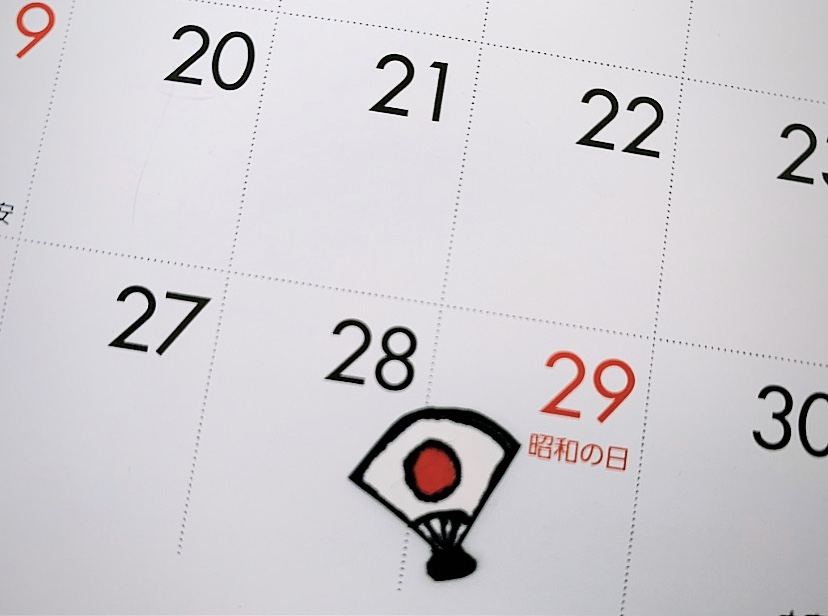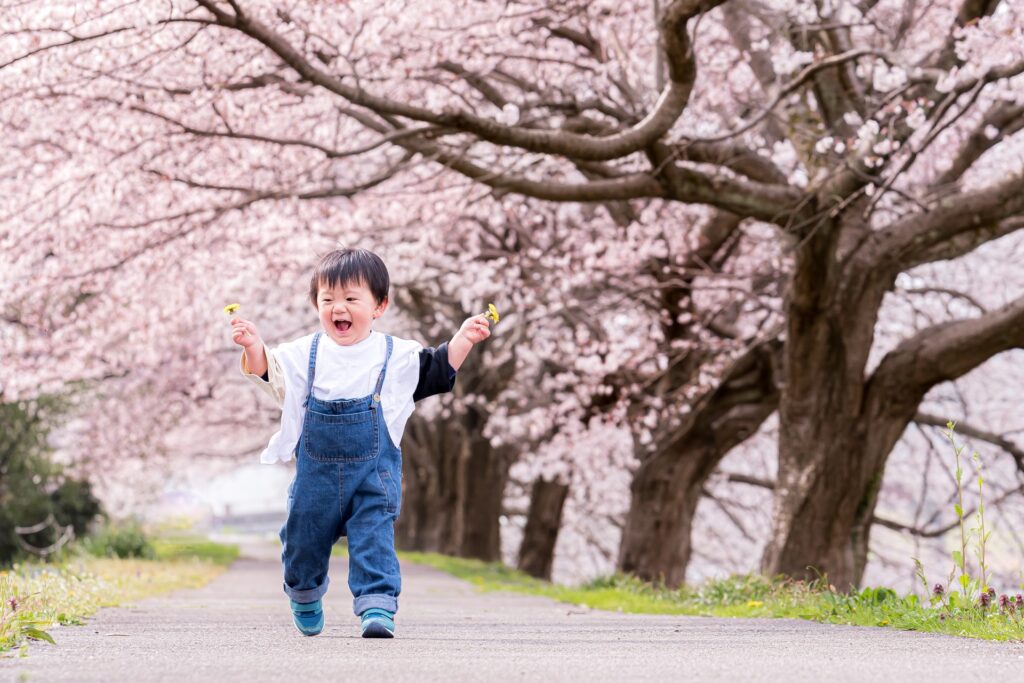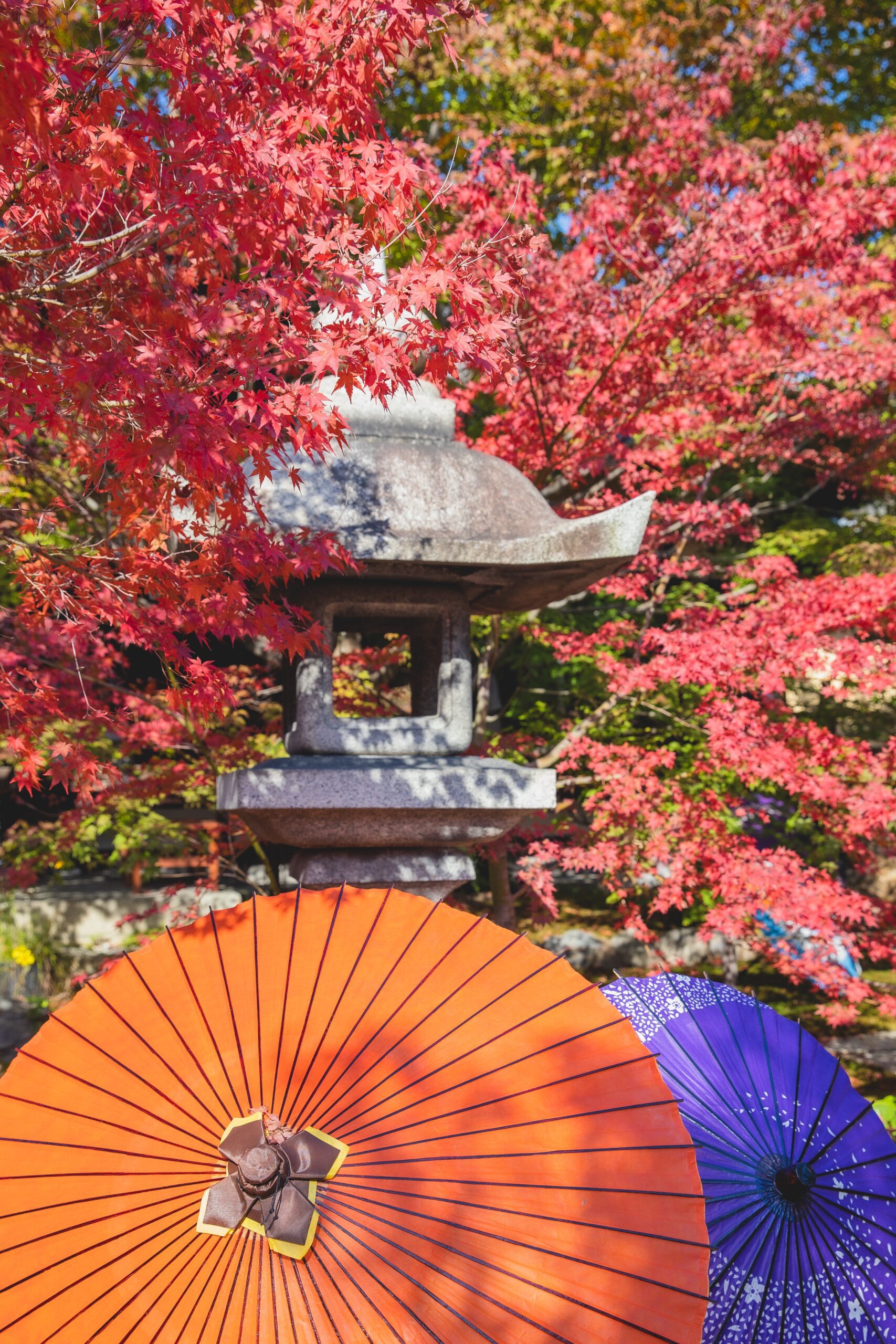Konnichiwa! Let’s explore Showa Day, a national holiday in Japan, celebrated on April 29th every year.
Affiliate Disclaimer: I only recommend products I would use myself and all opinions expressed here are our own. This post may contain affiliate links that at no additional cost to you, I may earn a small commission. As an Amazon Associate I earn from qualifying purchases.
What is Showa Day?
Showa Day, also known as Showa no Hi (昭和の日), is a national holiday in Japan that is celebrated on April 29th every year. Showa Day is a day to honor the life and legacy of Emperor Hirohito, who reigned from 1926 to 1989, during the Showa era of Japanese history. This holiday was established in 2007, after Emperor Hirohito’s death in 1989 and the end of the Heisei era in 2019, Showa Day remains an important part of Japan’s cultural heritage.


Planning a trip to Japan?
The History of Showa Day
The Showa era, which translates to “enlightened peace,” is known as one of the most tumultuous periods in Japanese history. It began in 1926 with the ascension of Emperor Hirohito to the throne and ended with his death in 1989. During this time, Japan experienced significant political, social, and economic upheaval, including World War II, the atomic bombings of Hiroshima and Nagasaki, and the subsequent occupation by Allied forces.
Emperor Hirohito played a significant role in shaping Japan during the Showa era. He was instrumental in leading Japan through the challenging years of World War II and the post-war period of reconstruction. Although his role in the war remains controversial, many Japanese people continue to hold him in high regard for his efforts to rebuild the country and promote peace in the years that followed.
Why is Showa Day Important to Japan?
Showa Day is an important national holiday in Japan because it provides an opportunity for Japanese people to reflect on the legacy of Emperor Hirohito and the Showa era. It is a time to honor the sacrifices made by the Japanese people during this tumultuous period in history and to remember the lessons learned from the past.
For many Japanese people, Showa Day is also a day to celebrate the culture and traditions of Japan. It is a time to come together with family and friends and to participate in traditional activities such as hanami, or cherry blossom viewing, and shakuhachi performances, which are traditional Japanese flute performances.
How Japanese People Celebrate Showa Day
Showa Day is celebrated in many different ways throughout Japan. Some people choose to visit the Imperial Palace in Tokyo, where Emperor Hirohito once lived, to pay their respects and leave offerings at the memorial dedicated to his memory. Others attend special ceremonies and events that are held throughout the country to honor the Showa era and its legacy.
One of the most popular ways to celebrate Showa Day is by participating in traditional Japanese activities such as hanami, or cherry blossom viewing. This activity involves gathering with friends and family under cherry blossom trees and enjoying a picnic or other refreshments. It is a time to celebrate the beauty of nature and the coming of spring.

Another popular activity on Showa Day is shakuhachi performances, which are traditional Japanese flute performances. These performances are often held in public places such as parks and temples and provide a glimpse into Japan’s rich cultural heritage.

Summary
Showa Day is an important national holiday in Japan that is celebrated on April 29th every year. It is a time to honor the life and legacy of Emperor Hirohito and to reflect on the tumultuous period in Japanese history that occurred during the Showa era. Although the era was marked by war and upheaval, many Japanese people continue to hold Emperor Hirohito in high regard for his efforts to rebuild the country and promote peace in the years that followed. Today, Showa Day remains an important part of Japan’s cultural heritage and provides an opportunity for Japanese people to celebrate their traditions and culture. Be sure to check out the Culture category of the website for other cultural facts about Japan like the Shinto beliefs and symbols, Japanese good luck charms, and more.


